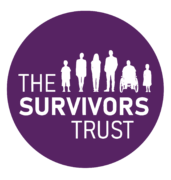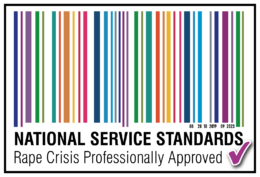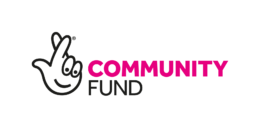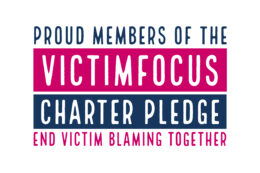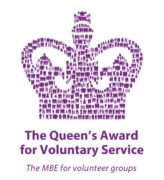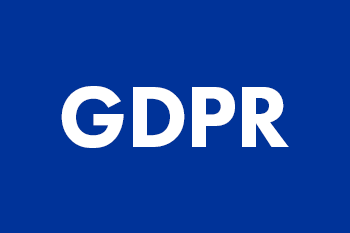When Andrew Tate was arrested this month, most people over the age of 30 had never heard of him, let alone realise the growing power and influence he had, and continues to have, over men and boys. But ask any teenager and they will have a view one way or another.
By using the cover of lifestyle advice, fame and fast cars he has built up a huge following in order to push his misogynistic and dangerous views towards women and girls. These attitudes are being normalised, particularly for young boys, who see it as a ‘green light’ from influencers like Tate that sexism and misogynistic behaviour is acceptable.
CRASAC delivers sexual violence prevention workshops in primary and secondary schools and has seen first-hand the impact that such dangerous attitudes can have on the behaviour of young boys, and the frustrations of teachers who need to manage that behaviour.
Schools have reported that disrespectful and misogynistic incidents towards staff and pupils have increased since the pandemic lockdown. This was a time when young people had more time to explore online and fewer opportunities to discuss what was normal and acceptable with teachers and their peers.
It has become easier than ever to access porn which was made even more available during the pandemic. In an industry that normalises child sexual abuse, familial abuse and violence against women and girls, it is easy to be exposed to it in a few clicks without warning. This can be a traumatic, damaging experience for young people which affects the developing brain, and can be seen to normalise any negative or abusive motivations they may feel.
Misogynistic attitudes have been creeping up on us for a long time, none of which should be treated in isolation. While comments in the mainstream media by Jeremy Clarkson may be passed off by some as misunderstood banter, it is just part of a wider shift towards a society that cannot see the unacceptable.
More often than not the status of ‘celebrity’ protects someone from the consequences of causing harm. High profile cases in the football community have demonstrated a culture of deep-rooted sexism where women are seen as commodities, therefore enabling predatory behaviour to occur. It is no coincidence that there is a disturbing link between sexual and domestic violence within the sport.
A culture of rape and sexual abuse exists within a pyramid which begins with sexist, objectifying ‘jokes’ and harassment. When our society tolerates attitudes at this level it has the effect of trivialising sexual violence and abuse.
Statistically one in four girls and one in six boys have been sexually abused and one in five women over the age of 16. Men form 98% of the adults prosecuted. Five million women in England and Wales have been raped or sexually assaulted since the age of 16.
A Coventry-based charity, CRASAC sees thousands of local people who have experienced sexual violence and abuse every year and there are hundreds of support networks like us across the UK. Over the past five years, the demand for our services has increased by 350%.
Teaching from a young age is one of the key lessons we have to learn. We need to live in a society where no-one can justify or provide a platform for powerful and influential men to share their toxic views. Where girls and young women in schools do not see sexism and harassment as a ‘normal’ part of life; and education for children and young people on healthy relationships is embedded across teaching and learning.
Male violence is a real problem, and we all have a role to play in acknowledging and challenging that. Our prevention and training work in schools, workplaces, and other organisations goes some way towards delivering this message, but it needs serious long-term investment from government on a much wider scale.
We need everyone in society to be upstanders, not bystanders and to call out and challenge misogynistic language and treatment of women.
Victims and survivors are speaking out like never before – it’s now time for the rest of us.

